Science is brilliant at solving things.
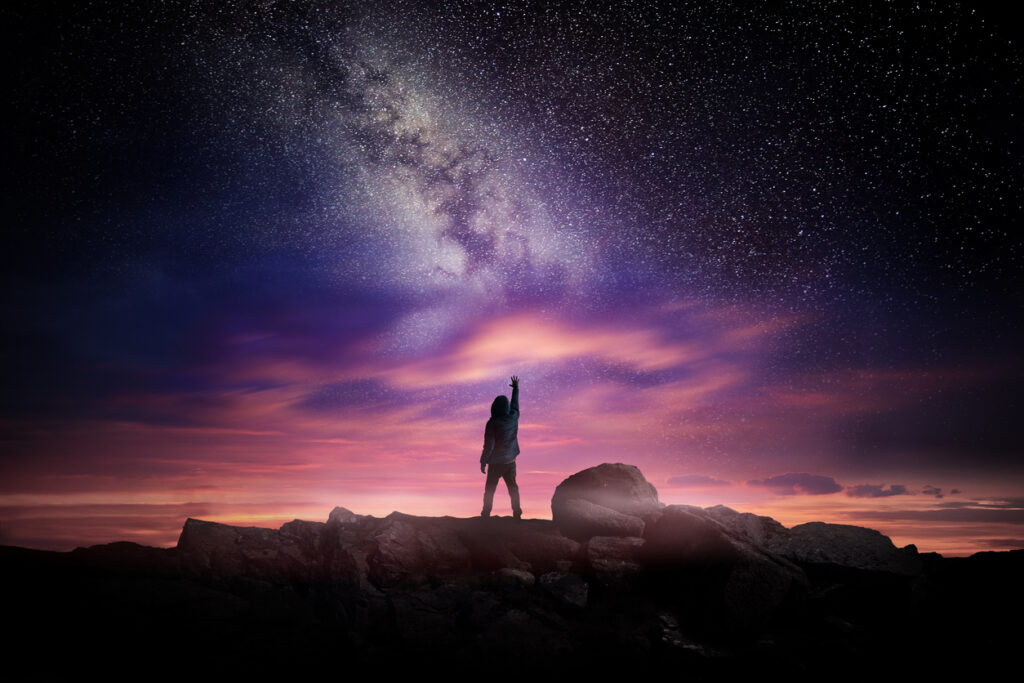
From decoding DNA to figuring out how to land a robot on a comet, we’re a species that likes answers. But sometimes, you have to wonder—should we really know everything? Some questions have the potential to change the world in ways we’re not ready for. Others are unsettling enough that keeping a bit of mystery might be safer for everyone.
Here are 13 cosmic, existential, and downright weird mysteries that—if we’re honest—we might be better off leaving alone.
What actually happened before the Big Bang?
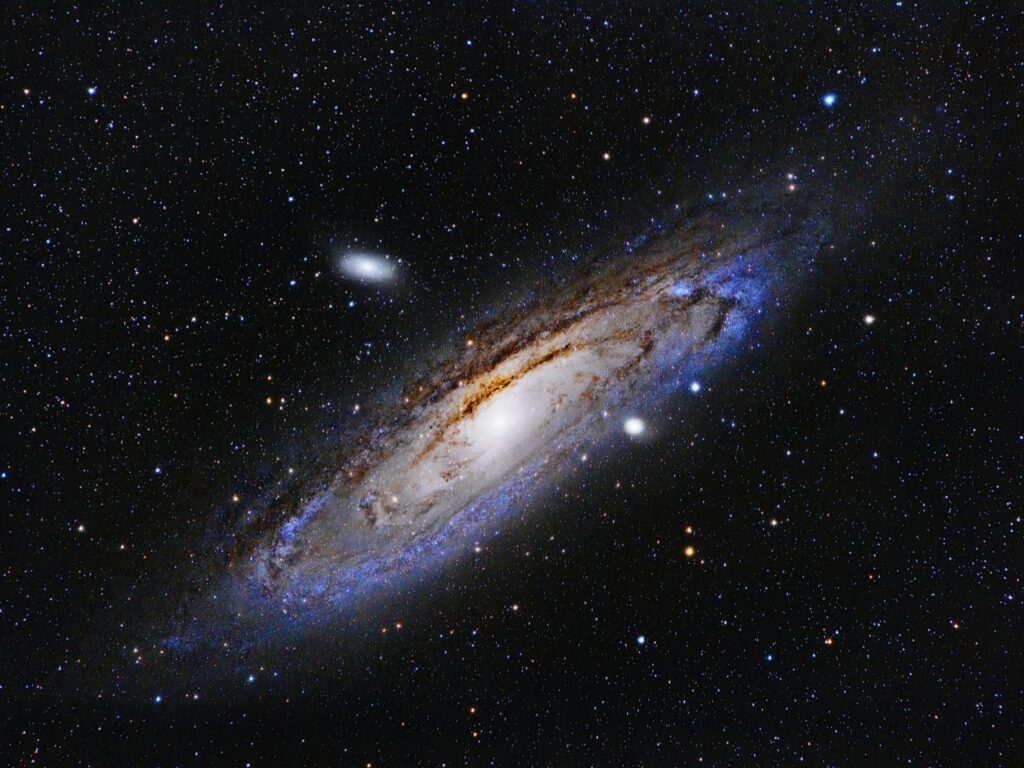
It’s the ultimate prequel. But understanding what, if anything, came before the Big Bang could throw everything we think we know about time and space into chaos. If time didn’t exist before the Big Bang, then what does “before” even mean? And if it did, who or what made the first move?
Some theories suggest endless cycles of expansion and collapse, while others point to quantum fluctuations in a vacuum. Either way, it’s brain-melting stuff. Maybe best not to tamper with the concept of time until we’ve sorted our current mess. Knowing what came before might not only challenge physics—it could upend our concept of cause and effect.
Are we living in a simulation?
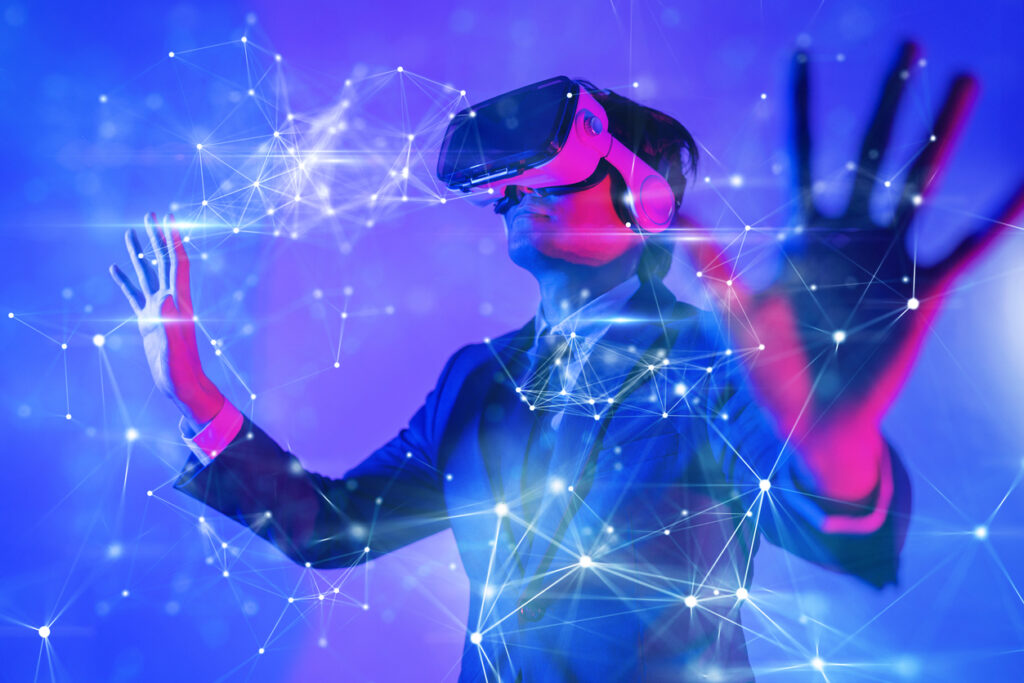
Elon Musk didn’t invent this one—philosophers and physicists have been debating it for years. If a civilisation advanced enough could simulate entire universes with conscious beings inside, how would we know we’re not one of them?
Nick Bostrom’s Simulation Argument suggests that it’s statistically more likely we’re in a simulation than not. But even if we found conclusive proof, what would we do with it? Try to hack out? Contact the creators? Or would we collapse into existential panic? The risk isn’t just philosophical. It’s deeply psychological.
What’s at the bottom of a black hole?
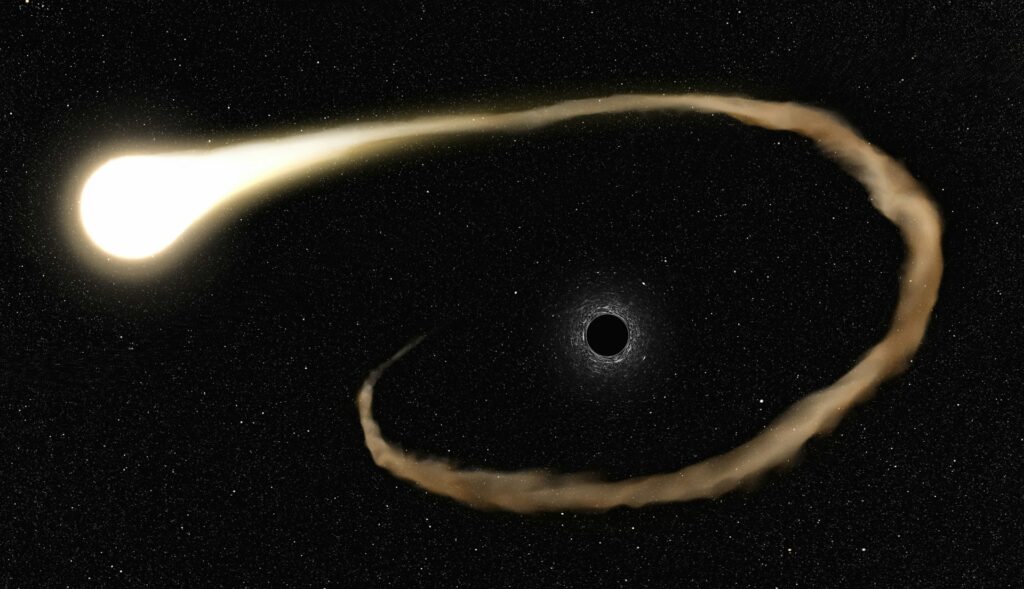
We know black holes suck in everything around them, including light. But what happens beyond the event horizon is still a mystery. Some say matter is compressed into an infinitely dense point—a singularity. Others believe it could be a gateway to another universe.
Theoretical models like the holographic principle or string theory offer potential explanations, but none are confirmed. If we ever manage to peer inside or simulate it fully, we might discover laws of physics that invalidate everything else we know. It’s knowledge with the power to destabilise our entire scientific framework.
Is there intelligent alien life, and have they already found us?
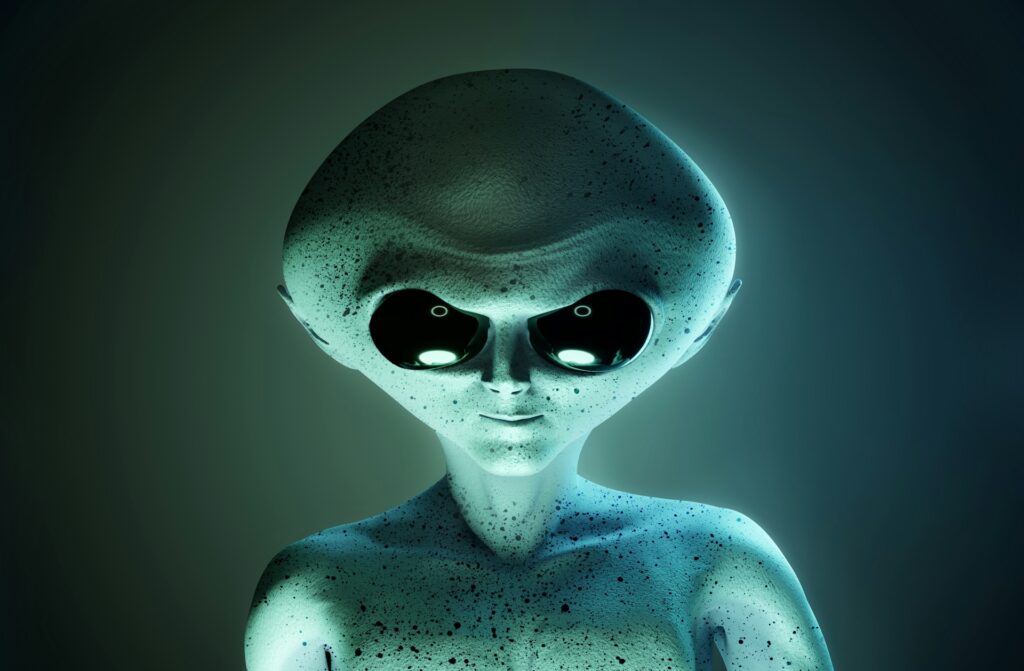
The universe is unfathomably vast. Statistically, the odds are good that intelligent life exists somewhere else. However, if we found them—or they found us—how would we cope?
The impact wouldn’t just be technological or political. Religion, philosophy, and culture could be turned on their heads. Would we be equal, inferior, or even interesting to them? And if they’re more advanced, would we even survive the encounter? Some scientists, like Avi Loeb, argue we may already have evidence, like ‘Oumuamua, but haven’t processed what it means.
What really happens when we die?

Every culture has its theories, but the truth—if it could somehow be measured or observed—might not line up with what we want to believe. It could be nothing. Or something we can’t explain or control.
Knowing for certain might bring peace to some, but others could find it unbearable. Faith, philosophy, even human motivation—they all hang on the mystery. Unpicking it might do more harm than good, robbing us of the comfort that uncertainty sometimes provides.
Could faster-than-light travel ever be possible?

If we cracked faster-than-light travel, it would change everything—interstellar exploration, colonisation, even time itself. But it would also come with massive risks. According to Einstein’s theories, approaching light speed distorts time and mass. At faster-than-light speeds, causality itself could break.
Even theoretical loopholes like wormholes or warp drives raise enormous questions about paradoxes and energy demands. If we do open that door, we might not be able to control what comes through, or what we find on the other side.
Is the multiverse real?
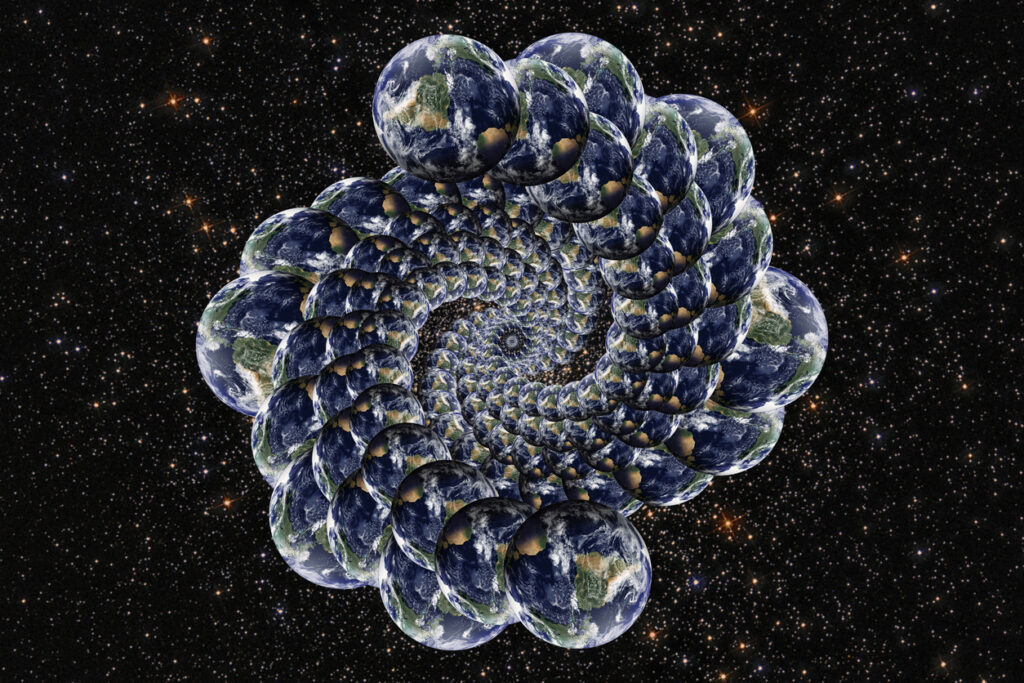
The idea that our universe is just one of many, possibly infinite, others isn’t just science fiction anymore. Some interpretations of quantum mechanics suggest it’s entirely plausible. Every decision, every random event, spawning a new universe.
It’s a fun thought—until you start wondering about infinite versions of yourself. What if other yous are happier? Smarter? Crueller? Would we become obsessed with possibilities and lose touch with our own reality? The multiverse could inspire wonder… or spiral us into existential dread.
What’s dark matter actually made of?
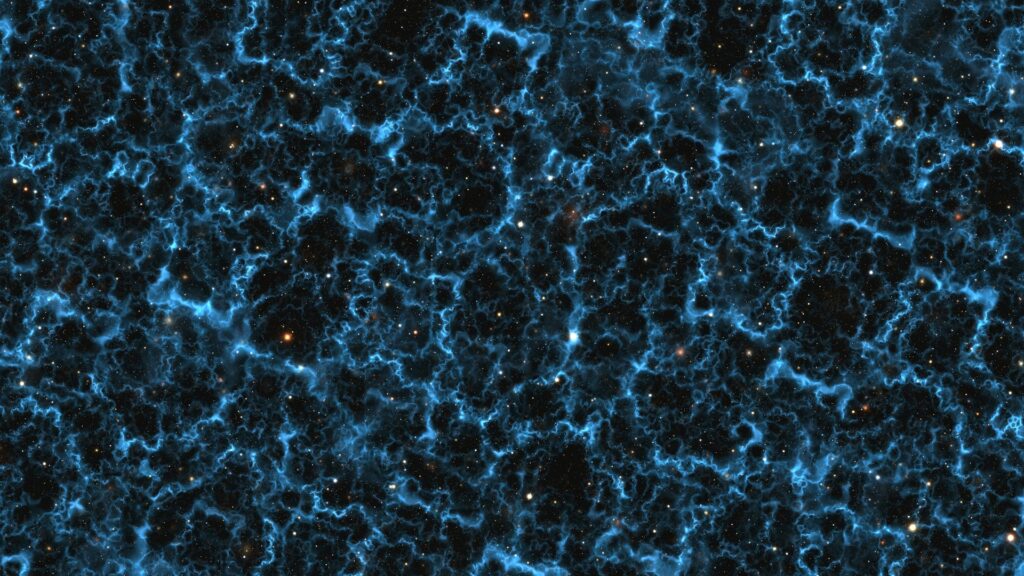
Dark matter makes up about 85% of the matter in the universe. We can’t see it, touch it, or directly detect it, but we know it’s there because of its gravitational effects. If we ever identified its components, it could unlock massive advancements in physics, but also reveal forces we don’t understand or control. Could tampering with it destabilise the universe’s structure? We simply don’t know, and that’s a little terrifying.
Will the universe end, and how?
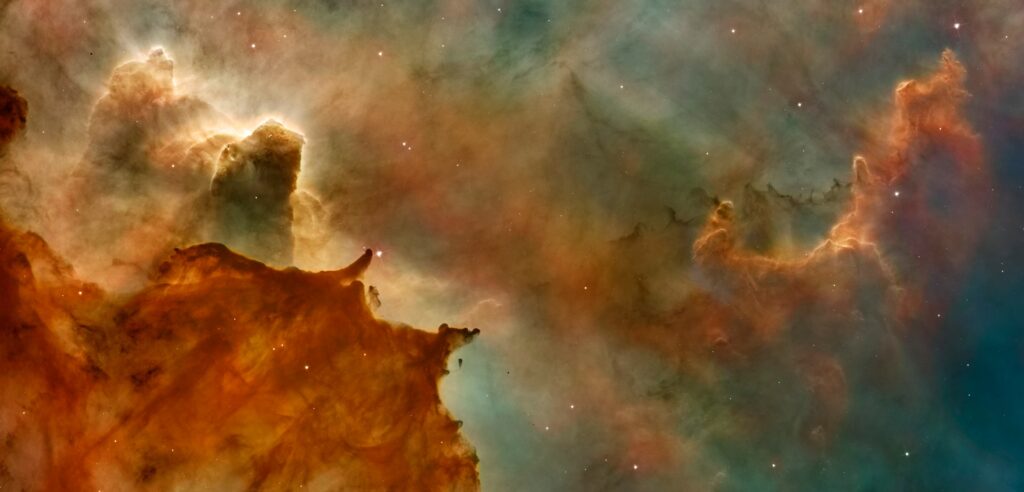
The Big Crunch. The Big Freeze. The Big Rip. Take your pick. Scientists have a few theories about how the universe might eventually end, and none of them are particularly cosy. But we’re still not sure which one (if any) is true.
Knowing the answer definitively could alter how we approach everything from science funding to personal purpose. Do we plan for the end, or live like it’ll never come? Maybe there’s something freeing in not knowing exactly when the curtain falls.
Could we upload consciousness?
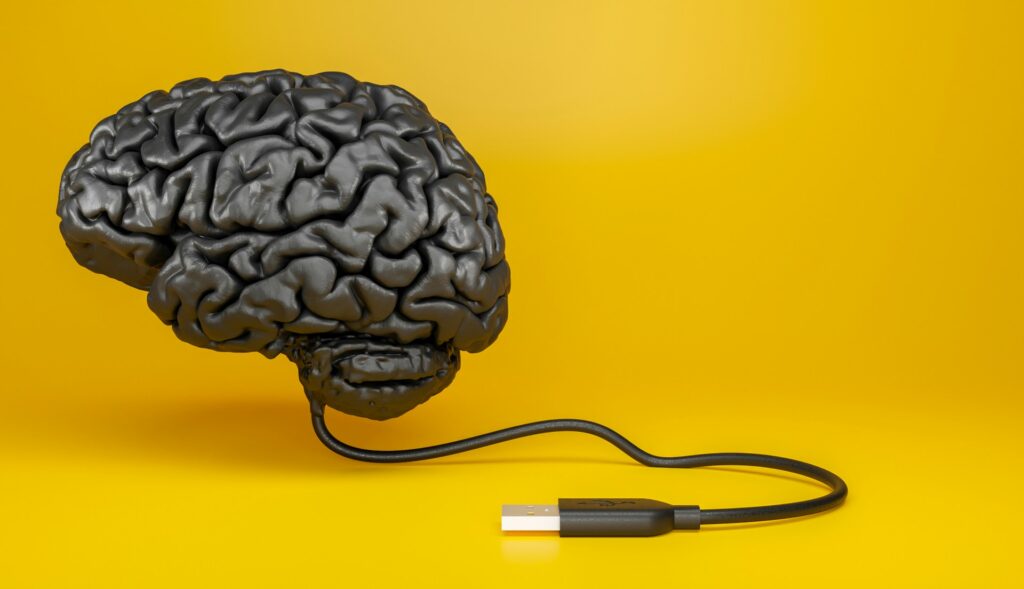
The idea of transferring human consciousness into a computer, or another body, is creeping out of sci-fi and into the realm of theoretical neuroscience. However, defining what consciousness even is remains a huge challenge.
If we ever figured out how to do it, who would get to live forever? What would happen to identity, to humanity, to death? Could consciousness be copied, and if so, what happens to the original? We might solve mortality, but create a thousand new nightmares in the process.
Do humans have a cosmic purpose?
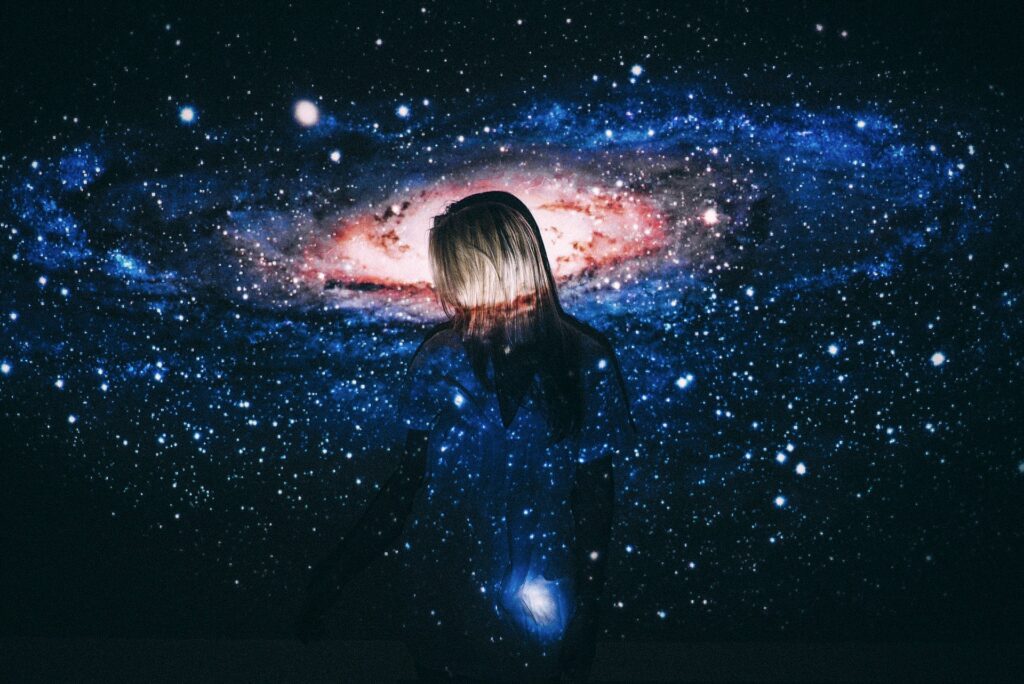
Some people find comfort in believing there’s a grand design. Others are content with chaos. But imagine if science ever stumbled across hard proof that we’re here for a specific reason, or that we’re not. If we found out we were part of an experiment, a simulation, or just a cosmic accident, it would shift everything. Would it spark nihilism? Unity? A crisis of meaning? It’s a question best handled with caution, not curiosity.
Can we predict the future accurately and completely?

We already make predictions using data, trends, and probabilities. However, imagine if we could predict everything—perfectly. Every choice, every disaster, every success. Would it empower us, or paralyse us? If the future is locked in, what happens to hope and risk and change? Would we still love, dream, and strive, or just follow the script? A bit of uncertainty might be the only thing keeping us sane.
What is consciousness, really?
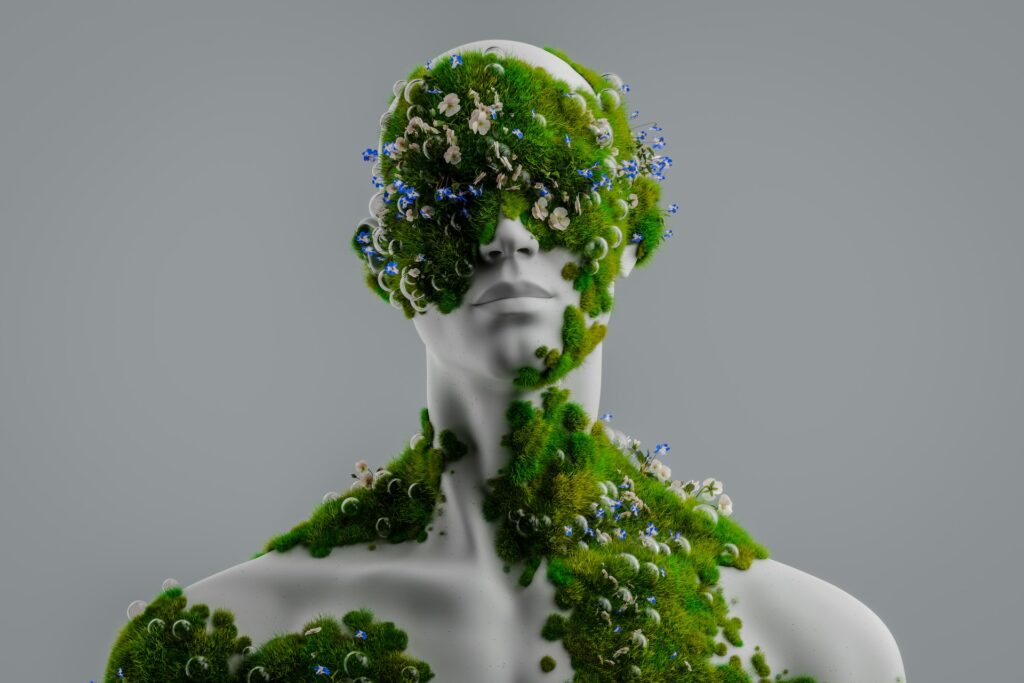
Philosophers and scientists alike have been chasing this question for centuries. We know the brain is involved, but we still don’t fully understand what makes you…you.
If we ever solve it, it might open doors to artificial minds, redefined humanity, or even consciousness in non-living things. But it might also blur the boundaries between real and artificial in ways we’re not ready to face. Once we understand how consciousness works, we can’t un-know it. And that might be the real tipping point.